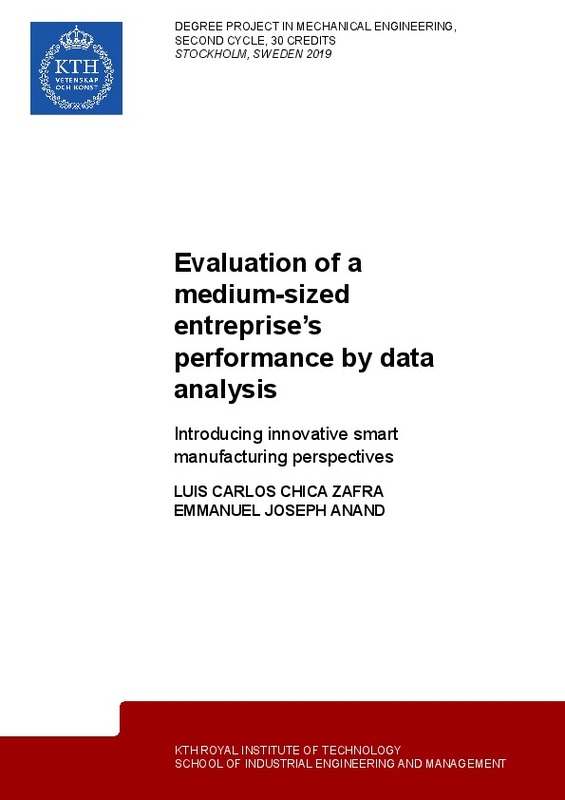JavaScript is disabled for your browser. Some features of this site may not work without it.
Buscar en RiuNet
Listar
Mi cuenta
Estadísticas
Ayuda RiuNet
Admin. UPV
Estudio del rendimiento de una empresa mediana mediante análisis de datos. Introduciendo perspectivas innovadoras de fabricación inteligente
Mostrar el registro completo del ítem
Chica Zafra, LC. (2019). Estudio del rendimiento de una empresa mediana mediante análisis de datos. Introduciendo perspectivas innovadoras de fabricación inteligente. http://hdl.handle.net/10251/140535
Por favor, use este identificador para citar o enlazar este ítem: http://hdl.handle.net/10251/140535
Ficheros en el ítem
Metadatos del ítem
| Título: | Estudio del rendimiento de una empresa mediana mediante análisis de datos. Introduciendo perspectivas innovadoras de fabricación inteligente | |||
| Autor: | Chica Zafra, Luis Carlos | |||
| Director(es): | ||||
| Entidad UPV: |
|
|||
| Fecha acto/lectura: |
|
|||
| Resumen: |
[ES] La fabricación inteligente es uno de los temas más debatidos en la economía manufacturera. El concepto surge de nuevo con el término Industria 4.0 de Alemania en 2013. Más tarde, se inició una investigación y desarrollo ...[+]
[EN] Smart manufacturing is one of the most debated subjects in the manufacturing economy. The concept arises back by the term Industry 4.0 from Germany in 2013. Later is what initiated research and development in areas ...[+]
|
|||
| Palabras clave: |
|
|||
| Derechos de uso: | Reconocimiento - No comercial - Sin obra derivada (by-nc-nd) | |||
| Editorial: |
|
|||
| Titulación: |
|
|||
| Tipo: |
|
recommendations
Este ítem aparece en la(s) siguiente(s) colección(ones)
-
ETSII - Trabajos académicos [10404]
Escuela Técnica Superior de Ingenieros Industriales







